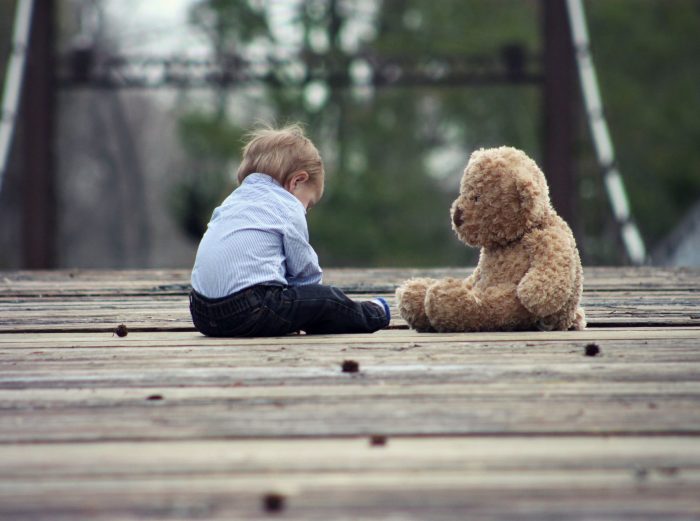Babies are hard at work, taking in the world around them from the very beginning. Their genes and their experiences will all add up to shape their personality, worldview, and well-being. With that in mind, it’s very important to take infant mental health very seriously.
It’s not always possible to prevent mental health issues in babies and young children. Both nature and nurture are important. With that said, early intervention can make a huge positive difference in children’s lives and help set them up for long-term mental and emotional health.
So how do you know what’s normal and what to look out for in very young children? Here are some of the most common mental health issues seen in infants.
What Is Infant Mental Health?
Infant mental health refers to the development of these skills until the age of three. During this time, brain development occurs rapidly and children will begin to develop the complex communication and emotional skills required in our society. Adults in a child’s life are responsible for helping them to build these crucial skills in a way that makes them feel secure and allows them to develop trust.
We often put more emphasis on the health of children’s bodies than we do on their minds. We all know that kids need good food, exercise, and fresh air to grow up strong and healthy. So why shouldn’t we make their mental health a priority as well? Providing a loving, supportive, and encouraging environment helps children thrive and build essential emotional and social skills.
Potential Infant Mental Health Issues
There are a number of different early mental health issues in infants that can worsen over time if not addressed. That’s why it’s so important to understand the potential problems and to be able to spot the symptoms. Here are some of the most common issues parents notice.
Separation Anxiety and Parental Withdrawal
It’s normal for children to be upset when they’re separated from their caregivers. Many cry, cling to their parent or guardian, or throw tantrums. Children with separation anxiety, however, exhibit these behaviors in an extreme way and often continuing until they are reunited with their caregiver. Severe separation anxiety may affect normal development and activities for a child, causing future problems.
Language Development and Mental Health
Speech disorders in children are relatively common and most parents have no trouble noticing when their child is having difficulty with self-expression. With that said, these disorders are often misidentified. One recent study indicates that language ability in children and mental health are linked.
Once a speech disorder is detected, getting an evaluation with a language and speech professional is the next step. If speech issues are detected, a speech-language pathologist will create a treatment plan to help the child build their communication skills.
Being unable to express themselves in a way that can be understood is tough on kids and may lead to additional behavior and mental health problems. Although adults with speech impediments can achieve improvement with treatment, intervention is generally easier and more successful for very young children.
Autism Spectrum Disorder (ASD)
Children with ASD tend to have trouble with communication and emotional/social development. Many are non-verbal for much longer than normal and do not enjoy communication. They might repeat words others say, but they don’t know what the words mean. They often have trouble connecting and identifying with others.
ASD can vary significantly. Typically, the sooner it is detected, the better. Families can benefit immensely from early diagnosis and support.
Extended Periods of Difficulty or Stress
Although some infant mental health problems have a genetic link, others are more influenced by the child’s environment. Infants need to develop secure relationships in order to develop properly. When a loving and supportive environment is unavailable, a baby may develop “toxic stress,” which impacts brain development. Toxic stress can affect a baby’s ability to hit key milestones and may affect future mental health.
Tips for Finding the Right Professional to Help Your Infant
If you’re noticing signs of trouble, it’s important to seek help. Every child hits key milestones at different times, but a significant delay can affect a child’s future well-being. Appropriate intervention can help set kids up for success.
It’s important to find the right professional to work with. You should find someone with the knowledge, experience, and compassion to help your family through the treatment process. Finding someone who makes you feel comfortable and will collaborate with you will make the process more productive and positive.
Don’t panic and don’t ignore the problem. We need to take children’s mental health seriously without stigmatizing it. The earliest years are some of the most important for children!







Read 0 comments and reply